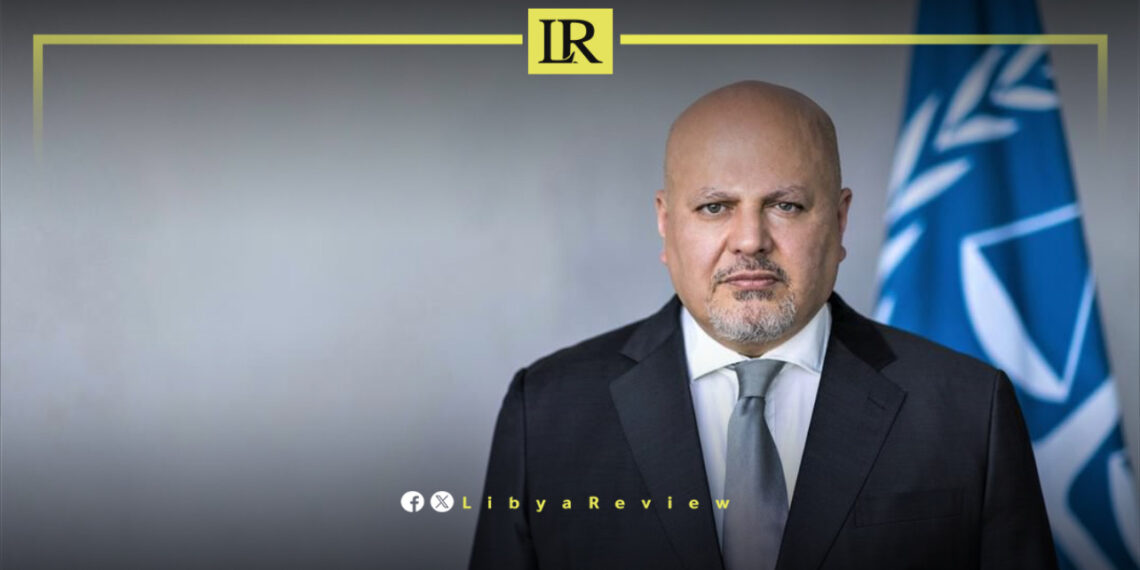On Wednesday, the Chief Prosecutor of the International Criminal Court (ICC), Karim Khan, outlined a detailed action plan for the ICC’s operations in Libya during his semi-annual briefing to the United Nations Security Council.
This strategic roadmap outlines four primary tracks for the ICC’s investigative and judicial efforts, aiming to conclude by 2025. Khan stressed the importance of strong collaborative ties with Libyan authorities to tackle the extensive legal and logistical challenges inherent in these processes.
Since the fall of Muammar Gaddafi in 2011, Libya has been engulfed in turmoil, with widespread human rights abuses. To address these, the ICC has conducted 18 field missions in Libya, amassing over 800 pieces of evidence, including photographs, audio recordings, and extensive documentation. This evidence is critical for building robust cases against those accused of war crimes and other violations.
Looking ahead, Khan emphasized the plan for additional ICC delegations to visit Tripoli to continue their investigative work. This effort is part of the broader goal to finalize the investigations into the alleged crimes committed during Libya’s ongoing conflict and to prepare for the trials of those charged. The establishment of an ICC office in Tripoli, as discussed by Khan, will play a crucial role in supporting the implementation of Security Council Resolution 1970 and enhancing the enforcement of international law in Libya.
Khan reassured the Security Council of the ICC’s commitment to achieving justice for the Libyan people, highlighting this phase as a transformative period in the ICC’s ongoing reports on Libya. He conveyed a message of progress and determination in the face of challenges, underscoring the ICC’s resolve to address and resolve impunity in the region.
The Security Council referred the situation in Libya to the ICC in February 2011 following a violent crackdown on the protests against the regime of Moamer Gaddafi.
So far, the investigation opened by the court in March 2011 has produced three cases related to crimes against humanity and war crimes, though some proceedings were abandoned after the death of suspects.


